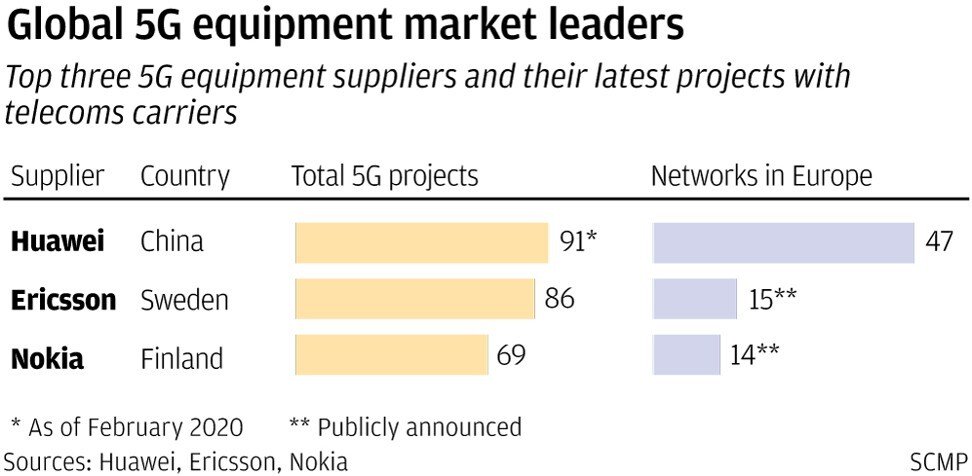Your analysis was quite good. I have two problems with your current analysis. There are two highly probable events that your are not taking into account.
First of all, US and efforts of other western countries to decouple, sanction and alienate China. I think slowly but surely even Europeans will also start to show decoupling tendencies, since they too dislike that a non-western power is rising. So, I think there will be heavy decoupling efforts and tensions between the two sides in the next 10 years. This will lead big losses both in China and in the west especially US. In fact the whole world will see less growth due to this shift. China will ofcourse be forced to redouble its efforts towards the home market and non-western markets but there will be losses which will lead to lower GDP growth. US will also see lower GDP growth due to this.
Secondly, US already had a long boom for the last 5-6 years. Economy has boom and bust cycles. US was moving towards a bust even before Covid. Now that covid has arrived, US is printing massive amounts of money to stem the slide. Thus, even more inefficiencies are building up. There is a lot of Bubble in the US including property, stocks, small businesses and so on. This will lead to a crash and long term recession and slowdown in order to correct the bubble. Europe did not have any growth in GDP for 10 years after 2008. It was completely stagnant. Even if that does not happen in the US. I can envision a stagnant US for atleast 3-4 years. and even 1% growth afterwards.
So, both the potential correction of bubbles plus covid plus decoupling will lead to much lower US growth and lower value of US dollar. China too may have less growth due to decoupling and overall global recession due to Covid. So, although China might still catch up to US by 2028 or even earlier. I think the overall GDP number of both countries could be much lower due lower growth and stagnation.
I mean, worst-case scenario is both if there is
full decoupling (highly doubt it, maybe partial decoupling in high-end tech, but I think trade relations will remain stabilize. Trade relations between the two are already better than they were at the zenith of the trade war last year.),
and if China
completely fails implementing its dual circulation model (meaning that consumption's share of GDP remains at 55% for the next 10-15 years),
in addition to if all the current debt/structural risks in China's economy hit them all at the same time. With these three impacts, their impact summed together, I could forsee China's economy slowing down to 1-2% growth/year by 2030, as a worst case-scenario. But these are big if's; there's no guarantee that
all three will hit at the same time this decade, let alone that any of these three conditions will hit at all (trade/investment relations in areas besides ultra-high-tech sectors probably can stabilize, debt/structural risks can be managed or even addressed by the CPC, which will take advantage of this pandemic to reform its economy, and dual circulation plan can likely succeed, based on the CPC's previous track record at pushing through reforms successfully). If complete decoupling by the US works (big if, mind you), but China successfully transitions to dual circulation model
and manages debt/structural risks, they can maintain 5-6% growth throughout much of this decade. If China faces both full decoupling
and fails a dual circulation, growth likely will be 3-4%, while if China fails dual circulation but can stabilize trade relations and mitigate debt/structural risks, the country could sill achieve 5-6% growth by 2030. If China can address
all three areas, I see no reason why they can't maintain 6-7% growth for much of this decade, as their current growth ceiling seems to be ~around 6.5-7%.

